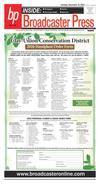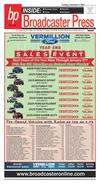071916_YKBP_A9.pdf







Broadcaster Press 9
July 19, 2016 www.broadcasteronline.com
Aggressive Driving Is All The Rage
Eight Million Drivers Admit to More Extreme
Behavior, Says New AAA Foundation Research
July 14, 2016 – An alarmingly high number
of drivers, nearly eight in 10, admitted to significant anger, aggression or road rage behind
the wheel in the past year, according to a
study released today by the AAA Foundation
for Traffic Safety.
The startling findings suggest that approximately eight million U.S. drivers engaged in
extreme examples of road rage, including purposefully ramming another vehicle or getting
out of the car to confront another driver.
“Inconsiderate driving, bad traffic and the
daily stresses of life can turn drivers into
hotheads on the highway and lead to dangerous road rage,” said Marilyn Buskohl, spokeswoman for AAA South Dakota. “Far too many
motorists are losing themselves in the heat
of the moment and lashing out in ways that
could turn deadly.”
In South Dakota in 2014, drivers under 25
years of age represented only 15 percent of
the total number of licensed drivers in the
state but accounted for 49 percent of all
speeding drivers involved in fatal and injury
crashes. The South Dakota Department of
Public Safety also reports drivers under 35
years of age accounted for more than 68 percent of the speeding drivers involved in these
crashes. Tailgating, like speeding, is often a
component in aggressive driving incidents.
Following too closely was a factor in crashes
involving 1,428 drivers in South Dakota in
2014.
A significant number of U.S. drivers reported
engaging in angry and aggressive behaviors
over the past year, according to the study’s
estimates:
• Purposefully tailgating: 51 percent
(104 million drivers)
• Yelling at another driver: 47 percent
(95 million drivers)
• Honking to show annoyance or anger:
45 percent (91 million drivers)
• Making angry gestures:
33 percent (67 million drivers)
• Trying to block another vehicle from
changing lanes: 24 percent
(49 million drivers)
• Cutting off another vehicle on purpose:
12 percent (24 million drivers)
• Getting out of the vehicle to confront
another driver: 4 percent
(7.6 million drivers)
• Bumping or ramming another vehicle
on purpose: 3 percent (5.7 million drivers)
Nearly 2 in 3 drivers believe that aggressive
driving is a bigger problem today than three
years ago, while nine out of ten believe aggressive drivers are a serious threat to their
personal safety.
Aggressive driving and road rage varied considerably among drivers:
• Male and younger drivers ages 19-39 were
significantly more likely to engage in aggressive behaviors. For example, male drivers
were more than three times as likely as female drivers to have gotten out of a vehicle to
confront another driver or rammed another
vehicle on purpose.
• Drivers living in the Northeast were significantly more likely to yell, honk or gesture
angrily than people living in other parts of the
country. For example, drivers in the Northeast were nearly 30 percent more likely to
have made an angry gesture than drivers in
other parts of the country.
• Drivers who reported other unsafe behaviors behind the wheel, such as speeding and
running red lights, also were more likely to
show aggression. For example, drivers who
reported speeding on a freeway in the past
month were four times more likely to have cut
off another vehicle on purpose.
“Don’t risk escalating a frustrating situation
because you never know what the other driver might do,” said Buskohl. “Maintain a cool
head and focus on reaching your destination
safely.”
AAA offers these tips to help prevent road
rage:
• Don’t Offend: You can protect yourself
by avoiding behaviors that can enrage other
drivers. Examples include cutting off other
drivers, driving slowly in the passing lane,
tailgating, not using turn signals, honking
horn excessively, and gesturing – whether obscene or not.
• Do Not Respond: Refuse to be angry at an
aggressive driver. Avoid eye contact, don’t
make gestures, and maintain space around
your vehicle. If you feel threatened, contact
9-1-1. Drive to a crowded public place such as
a shopping center, hospital or police station.
• Be Tolerant and Forgiving: The other driver
may just be having a really bad day. Assume
that it’s not personal.
• Adjust Your Attitude – By changing your
approach to driving, you can make every trip
more pleasant:
For too many motorists, driving becomes a
contest trying to get to their destination in
the shortest possible time, so forget the need
to “win the race.”
Allow yourself more time for your trip so
you don’t feel rushed.
Practice relaxation tips such as deep breathing, or listen to soothing music or a book on
tape. Also, don’t drive when extremely angry
or overtired.
If you think you have a problem, seek help;
the techniques used in anger management
courses can also help angry drivers.
• Alter Schedule to Avoid Traffic – If possible, adjust your work schedule so you are not
driving during peak commute hours. If this is
not possible, then at least avoid driving during high traffic times on your days off.
The research report is available on the
AAA Foundation’s website and is part of the
annual Traffic Safety Culture Index, which
identifies attitudes and behaviors related to
driver safety. The data was collected from a
national survey of 2,705 licensed drivers ages
16 and older who reported driving in the past
30 days. The AAA Foundation issued its first
Traffic Safety Culture Index in 2008.
National Security Must Be Our Top Priority
By Sen. John Thune
By now, most Americans
have seen in chilling detail
what happened late last
month in Istanbul, Turkey. A
group of terrorists casually
walked into one of Ataturk
Airport’s public terminals
and proceeded to open fire
before detonating suicide
vests among fleeing travelers. In the wake of this attack,
45 people were left dead, and
more than 200 were injured.
Although no group has formally claimed responsibility,
the Turkish government says
all signs point to ISIS.
The list of cities outside
the Middle East impacted by
ISIS-related terrorist attacks
is steadily growing: Paris,
Brussels, and now Istanbul.
While an ocean separated us
from the latest attack, Americans have seen radical Islamic terrorism on our shores in
San Bernardino, and most recently in Orlando. These attacks are a warning sign that
ISIS-inspired attacks aren’t
contained to certain borders,
and in response we must do
everything we can to protect
Americans around the world.
The Republican-led Senate is committed to defeating
ISIS, but I am concerned some
Democrats, President Obama
included, don’t entirely share
that priority. John Brennan,
the Obama-appointed director of the CIA, recently con-
ceded that “our efforts have
not reduced the group’s terrorism capability and global
reach.” Part of that bleak assessment is likely due to the
fact that President Obama
has never – despite all of the
ISIS-created carnage around
the world – laid out a comprehensive plan to defeat
the terrorist group. While
the Republican-led Senate
can’t force President Obama
to take this threat seriously,
we can work hard to pursue
policies that will increase our
national security, and that’s
exactly what we’re doing.
One of the best ways to
combat terrorism is by ensuring the military has the
resources it needs to fulfill
its mission. It’s unfortunate,
though, that for the second
year in a row, Senate Democrats have decided to put
their interests ahead of our
troops by playing politics
with the Department of Defense appropriations bill.
Passing this essential bill
is a key part of meeting our
obligations to the men and
women in uniform who fight
to keep us safe. My hope is
that my Democrat colleagues
drop their unnecessary objections and let this bill move
forward without delay.
Another key aspect to
protecting our nation from
terrorist threats is controlling our borders, which is
why I’m disappointed Senate
Democrats recently blocked
a bill that would have discouraged sanctuary city policies, which have resulted in
the release of thousands of
criminals who could otherwise have been picked up
by federal authorities and
deported. That debate is far
from over, though.
The Senate will also soon
take up several important airport security measures that I
authored, which will keep air
travelers in South Dakota and
around the country safer and
more secure. Included is a
provision that improves the
vetting of airport employees
to address the risk that an
insider might give a terrorist
access to secure areas of an
airport.
Although I’m not holding out much hope, I’d like
to think the president and
his allies on Capitol Hill will
develop a greater seriousness about ISIS in the coming
months. But whatever they
do – or fail to do – Republicans will do everything we
can to protect our country
and keep Americans safe
from terrorists.
Have a
Great Day
Here’s My Card
Advert
ise You
r
Card H
ere!
Call 62
4-4429
& Sewer
• Water t Excavation
en
• Basem n
olitio
• Dem
paration
• Site Pre
g
• Ditchin
g
• Gradin
nded
sed • Bo
• Liscen
sured
• In
ollman
Mike P nda, SD 57073
ako
ravel
and • G
424 • W 5-267-2768
0
PO Box
Rock • S Fill Material
e/Fax: 6 1-1063
•
e
Phon
Quartzit
5-66
Cell: 60 ahoo.com
r@y
xkv8to
bp
Since 1934
Broadcaster
Pressdcaster
roa
B
JACKIE WILLIAMS
201 W. Cherr y
069
Vermillion, SD 57
t
4-4429
Media Consultan
Phone: (605) 62
08
05) 624-2696
Cell: 605-661-23
Fax (6
t
line.com
ams@plaintalk.ne
www.broadcasteron
email: jackie.willi
w.plaintalk.net
ww
Press





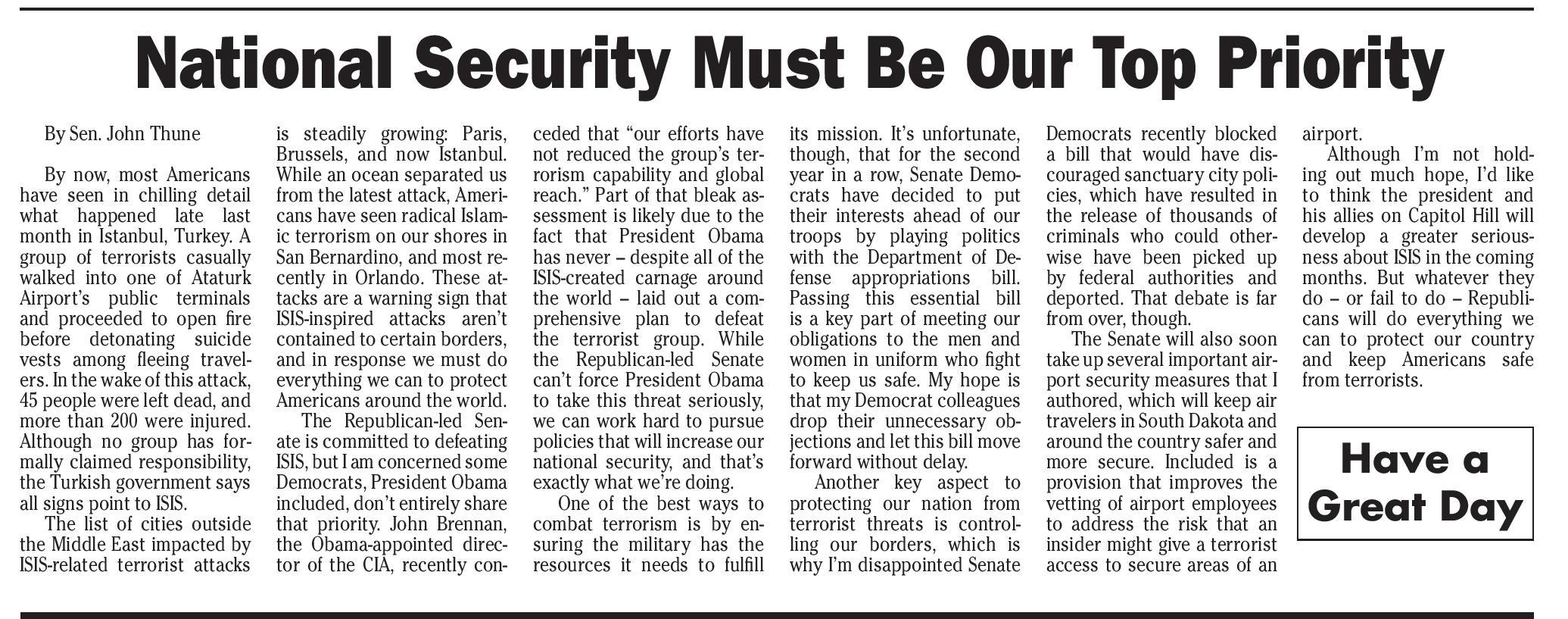
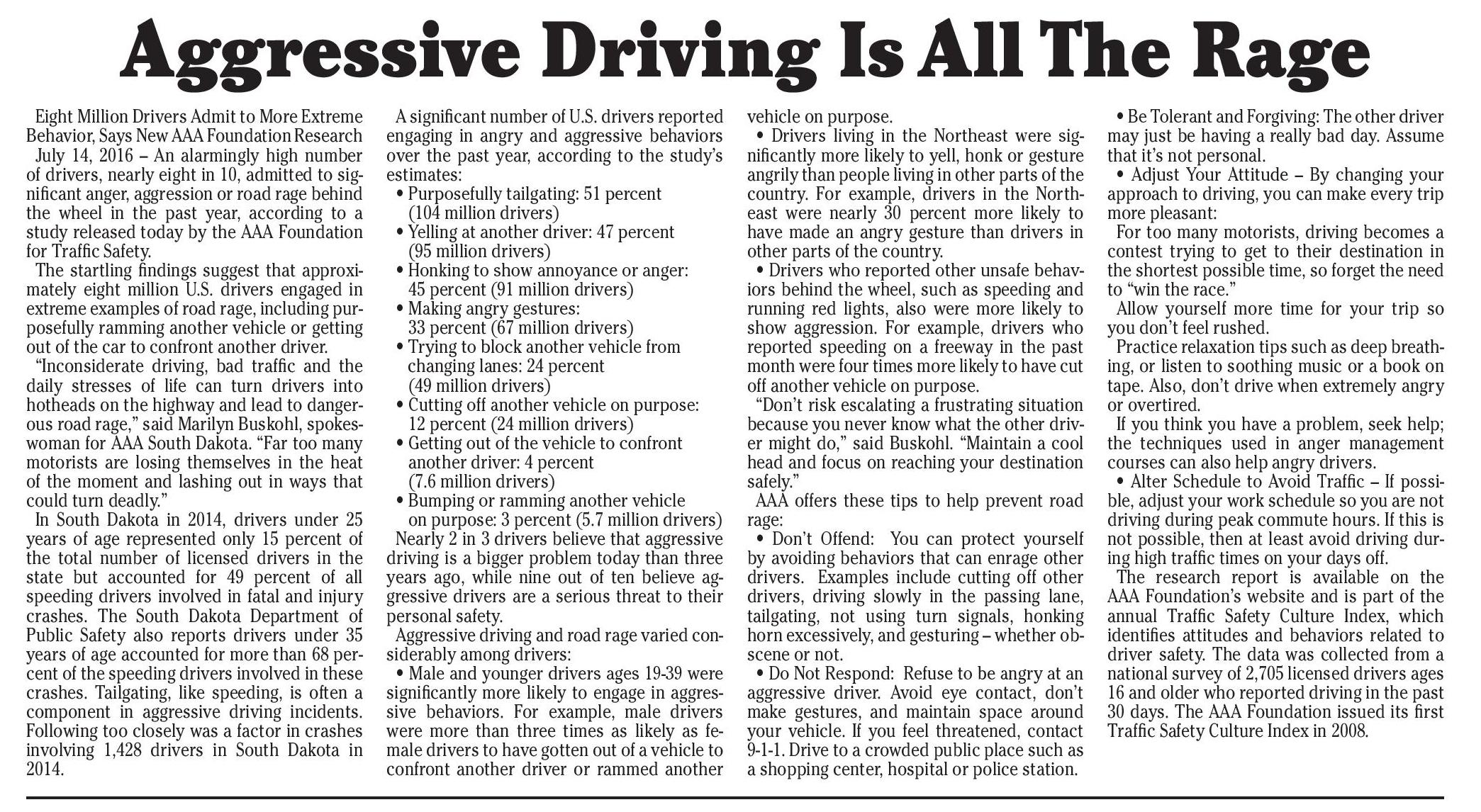

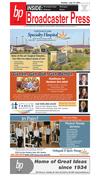
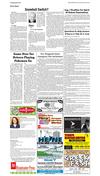
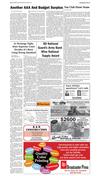
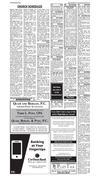
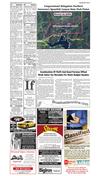
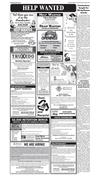
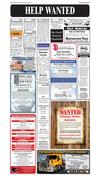
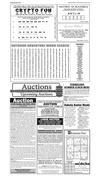
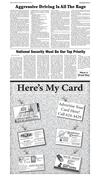
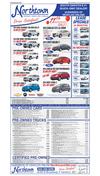
 Previous Page
Previous Page





